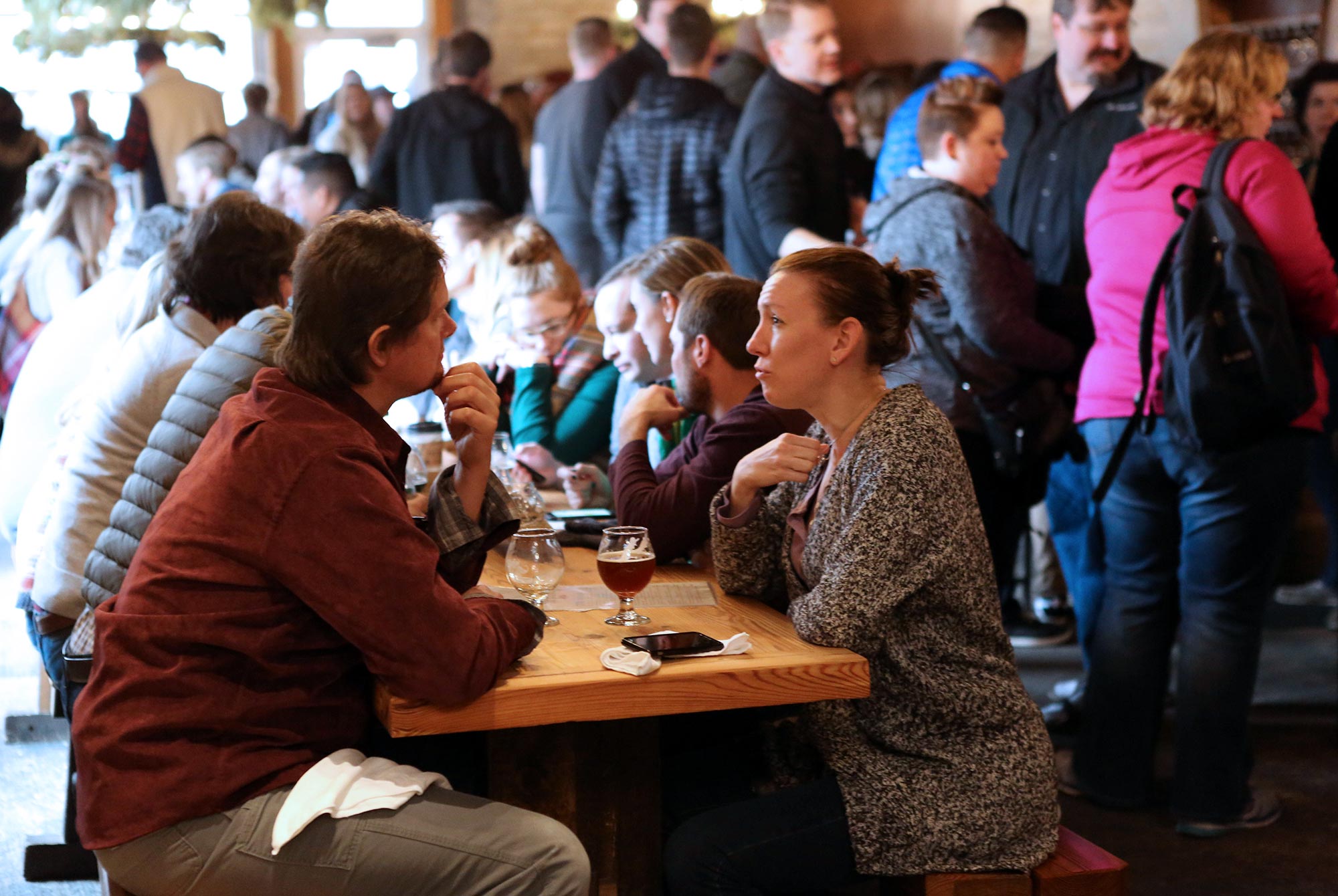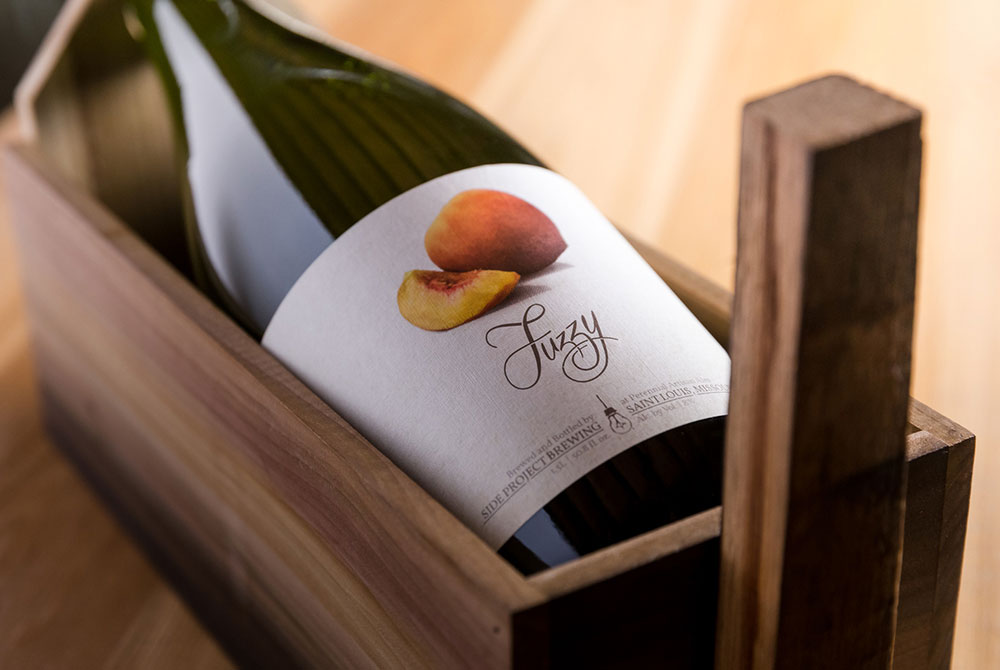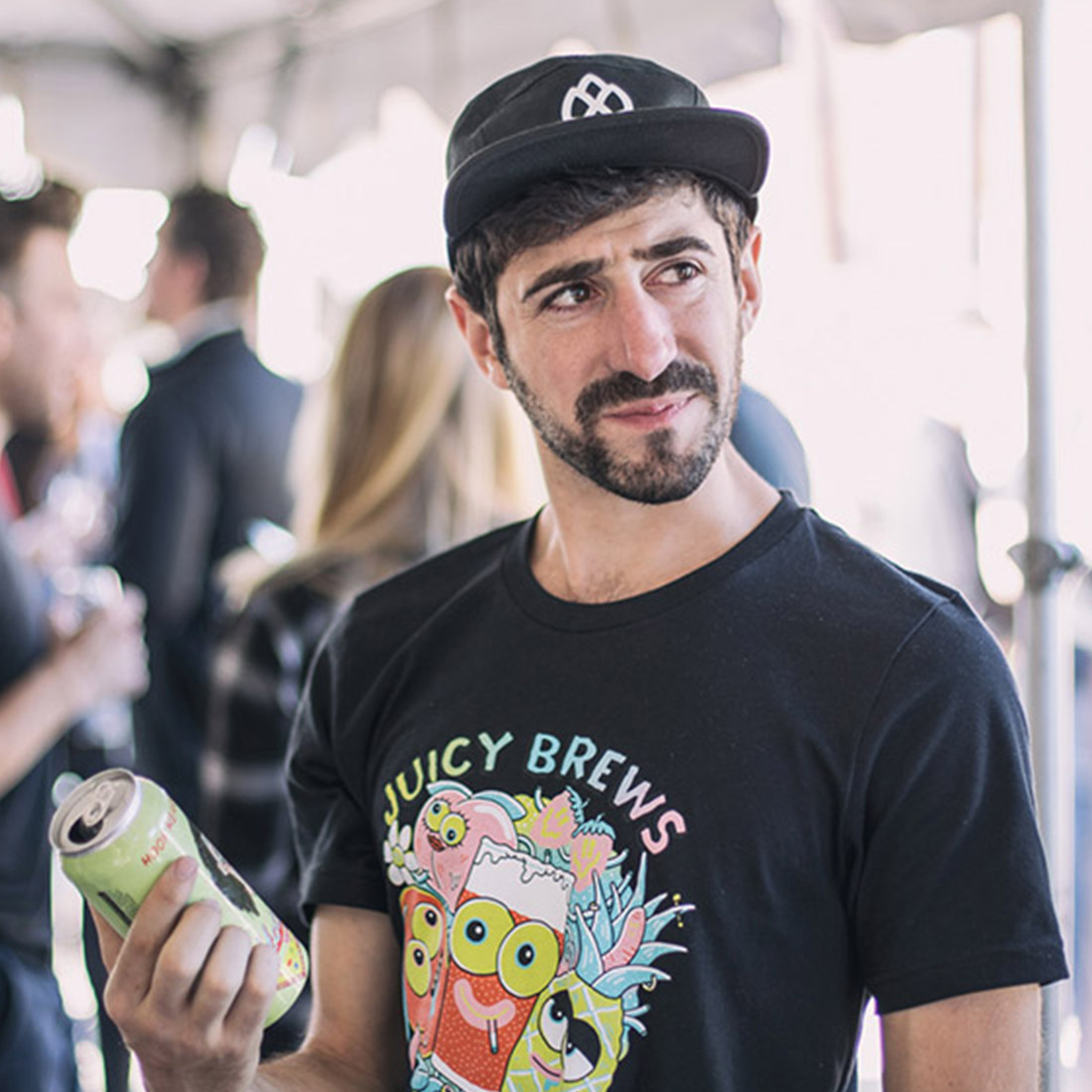Shop
Letter from the Editor: On Big Beer Buyouts and Covering Craft
Our thoughts on the Wicked Weed buyout, and Big Beer takeovers, in general.
Last week, AB InBev announced plans to acquire Wicked Weed Brewing. This was headline news in the beer community. AB InBev is the world’s largest brewer, one that for many years was viewed as the Goliath in the battle between small craft breweries and macro beer. But now, as part of their recent strategy, the brand is buying up craft breweries like trophies to add to its growing brand portfolio named “The High End,” which, along with Wicked Weed, includes Goose Island, Blue Point, 10 Barrel, Elysian, Golden Road, Four Peaks, Breckenridge Brewery, Devils Backbone and Karbach Brewing Co. The internet went nuts (well, the craft beer part did). In the first and perhaps most strongly worded open letter about the acquisition, Jeff Stuffings, co-founder of Jester King Brewery in Austin, Texas, wrote:
“We have some core principles that define who we are as a brewery, and those principles must not be compromised. One of our core principles is that we do not sell beer from AB In Bev or its affiliates. We’ve chosen this stance, not because of the quality of the beer, but because a portion of the money made off of selling it is used to oppose the interests of craft brewers. In Texas, large brewers (and their distributors) routinely oppose law changes that would help small, independent brewers. We choose not to support these large brewers because of their political stances, and in some cases, their economic practices as well. Because of this core principle, it pains us to say that we won’t be carrying Wicked Weed anymore at Jester King.”
Like everyone else in the industry, I had a lot of thoughts about the situation, but figured I’d save them for my weekly Letter from the Editor. So here goes.
As the Editor in Chief of an independently owned and operated beer magazine — not to mention a passionate advocate for craft — I have a knee jerk reaction to Big Beer. Why? I don’t think the beer is worse. Truth be told, I like Goose Island and Elysian. And I don’t think everyone who works for Big Beer is an energetic vampire. For instance, I recently met Ethan Fixell, the Editor in Chief of The High End’s new beer website The Beer Necessities, and I think he’s a great guy that truly loves craft beer. Still, I can’t deny my gut reactions.
At the end of the day, I think it comes down to values. When I think of craft beer, I think local and cooperative. Black Project Spontaneous and Wild Ales in Denver, for instance, isn’t trying to carve out an empire and squeeze profitability and efficiency from every single initiative. Owners James and Sarah Howat are comfortable producing a high quality product for their community. I’ve personally witnessed these same values at Night Shift, Black Hammer, and the hundreds of neighborhood breweries I visited across the country before deciding to found Hop Culture.
Being big isn’t by definition a bad thing. But the craft community sometimes has hesitations about fully supporting “big craft,” even if these breweries are independently owned. Take Boston Beer Co. for instance. It’s considered a craft brewer by the Brewers Association, yet it’s often denigrated for being large and collecting smaller brands — spiked sparkling water, hard cider, hard lemonade. For some, big is bad, even when the morals are there (Jim Koch, founder of Boston Beer Co. and a personal hero, routinely stands up to the kind of legislation Stuffings mentioned in his letter.)
In a recent Draft Magazine piece called “What It’s Like to Work for a Brewery that ‘Sold Out,’” an anonymous writer lists the numerous benefits of working for a former craft brewery now owned by Big Beer. The beer is better! The warehouse is safer! We get wider distribution! But even if its employees are men and women living in the US, AB InBev isn’t local, unless you live in Leuven, Belgium, where the company is headquartered. And as Stuffings writes in his letter, “Large brewers (and their distributors) routinely oppose law changes that would help small, independent brewers.”
As we continue to grow as a magazine, let us reaffirm our values. We want to promote the local and the cooperative. Any mention of Big Beer or their brands will be because we feel it services the craft community. Unless otherwise noted, any content you see on the site came from a pitching and editing process that’s based in our independence, and we truly feel that the article, photograph, or video adds value to the craft beer movement and its drinkers. (That’s not to say everything we publish is high brow — listicles keep the lights on!) Any article that received sponsorship (and you will see them, because, again, lights) will be labeled as such in large letters at the top, with a disclaimer that ensures there’s no confusion. Just as in the beer world, it’s a tough climate in media for a small business. We empathize with those breweries who decide to sell, but it isn’t in our best interest to sacrifice our independence. We take this very seriously.
Stay strong, stay true, stay fresh, stay fly. And send along any thoughts you may have — I’ll publish the best responses next week.
Kenny Gould
Editor in Chief
What We’re Reading
“So here’s the deal. Why care? Because, to many, it does matter who owns the brewery behind the beer brands that one supports. Choice in beer is not limited to different beers from the brewing entity. Choice in beer is about different beers from different brewery businesses.” — Julia Herz, “Small Brewers Have Strong Reaction to AB-InBev’s Acquisition of Wicked Weed Brewing”




